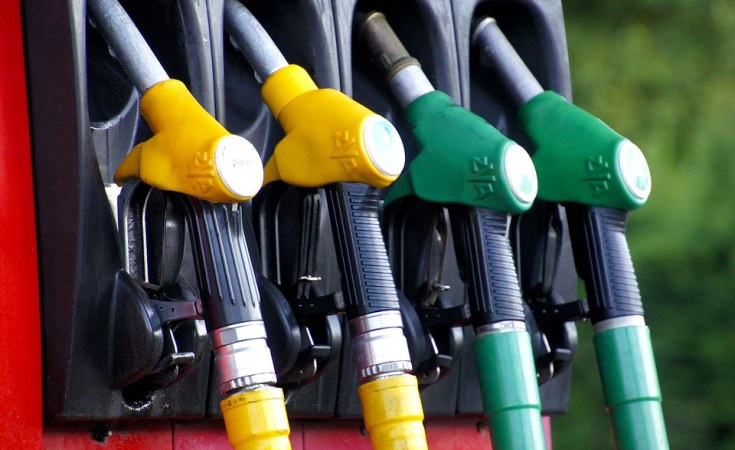Nairobi — The Energy and Petroleum Regulatory Authority (EPRA) has directed retail fuel stations affected by flooding to temporarily cease operations due to the risk of fuel contamination.
The authority's move comes in response to heavy rains that pose a threat of damaging Petroleum Underground Storage Tanks (UST), potentially compromising the quality of fuel products and causing damage to vehicles.
"The Authority wishes to caution owners of the retail stations to ensure the safety of the public and quality of their products," EPRA said in a statement Wednesday.
Since March, flash floods have wreaked havoc across the country, claiming over 130 lives and displacing more than 130,000 people, particularly in Nairobi. The recent tragedy in Mai Mahiu saw 70 fatalities, marking one of the worst-hit areas.
EPRA emphasized that affected petrol stations must assess the extent of flooding, undertake cleanup efforts, and verify the quality of their products before resuming operations. "The retail stations should assess the extent of the flooding, clean up any debris, and ensure the quality of its products before resuming operations," the authority stated.
"The retail stations should assess the extent of the flooding, clean up any debris, and ensure the quality of its products before resuming operations. Additionally, retail station owners should anticipate any potential environmental impact of the flooding and take appropriate measures to mitigate it," EPRA added.
The heavy rainfall, attributed to the El Niño weather phenomenon, has resulted in overflowing rivers and sewers, causing significant infrastructure damage and property loss across the nation.
The Kenya Meteorological Department has warned that the heavy rains are likely to persist throughout May, with fears of further devastation looming.
The affected regions, including Nairobi, are expected to experience near-average to above-average rainfall, with occasional thunderstorms forecasted. Despite these challenges, fuel retail stations have been urged to adhere strictly to government protocols to mitigate potential flooding impacts.
EPRA directed petrol stations to communicate promptly with relevant authorities to ensure compliance with safety regulations. This directive aims to safeguard public safety and prevent environmental degradation amid the ongoing weather challenges.
President William Ruto, during a recent visit to the flood-stricken areas, emphasized the need for preemptive measures to avert disasters, urging residents in vulnerable areas to relocate. Nairobi, the Coastal region, Rift Valley, Central, and parts of Nyanza have been hardest hit by the floods, with Mathare and Mukuru slum areas witnessing significant property damage.
In neighboring countries such as Tanzania, Uganda, and Burundi, similar weather-related disasters have occurred, highlighting the regional impact of the ongoing rains. The El Niño climate pattern, characterized by increased rainfall, has led to widespread flooding and displacement across East Africa.
As the region grapples with the aftermath of these calamities, concerted efforts are underway to address the immediate challenges and enhance preparedness for future weather-related events.
The resilience of communities and the effectiveness of response measures will be crucial in mitigating the impact of the ongoing rains and ensuring the safety and well-being of all affected populations.
About The Author


